Procurement AI Has a Data Problem and It's Bigger Than You Think
Technology
New research shows that poor supplier data is causing procurement AI to hallucinate, creating risk, missed signals, and failed automation.
Full Story: Supply Chain 247 (02/04)
Six Steps Public Procurement Teams Must Take to Survive a Chip Crisis
Reactive Purchasing to Proactive Purchasing
With chip production concentrated in a few regions, public sector procurement teams must map risk and protect critical services before a crisis hits.
Full story: Supply Chain 24/7 (02/13)
Accenture: Procurement as a Launchpad for Autonomous Savings
AI in Procurement
Procurement is a unique corporate function that combines strategic value creation with operational efficiency. It influences costs, supply risk and resilience – making it ideal for applying autonomous and AI-driven systems that balance scale with human oversight.
By embedding autonomy across sourcing, contract management, spend analytics and supplier risk, organisations can capture and sustain value, eliminate inefficiencies and fund wider transformation.
Full story: Procurement Magazine (02/16)
